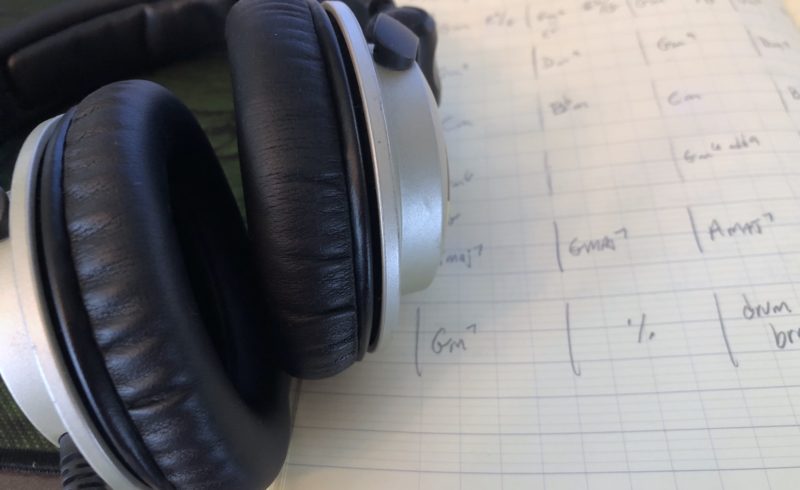
A reader asked an interesting question, which was:
“Since the plaintiff, Structured Asset Sales, doesn’t own the “Let’s Get It On” recording, how can they use it to register the musical elements of “Let’s Get It On,” and why would they be able to sue for the recording’s elements in addition to the ones on the deposit copy? Don’t those elements belong to the whoever owns the recording; the studio?”
Let’s clarify a few things.
In the well-publicized “Let’s Get It On” vs “Thinking Out Loud” trial a year ago, Ed Sheeran was found not liable for infringement. It was important that the trial followed another famous case involving Led Zeppelin’s “Stairway To Heaven,” in which it was held that for pre-1972 works, the sheet music registered with the Copyright Office (the ‘deposit copy’) defined the copyright-protected aspects of the works, and the recordings of those works were irrelevant. That case set precedent and is called, “Skidmore.”
The recording of “Let’s Get It On” was not heard in Sheeran’s trial.
Another “Let’s Get It On” stakeholder and plaintiff was waiting in the wings, and the cases were essentially identical. When a jury ruled in favor of Sheeran, the judge, who presided in both cases, dismissed the second case. That summary judgement is now being appealed.
The appeal is interesting not because of Sheeran. He didn’t steal “Let’s Get It On.” The appeal is interesting because it argues against Skidmore. The plaintiff wants the recording admitted as evidence, so they can broaden “Let’s Get it On’s” protectable expression, and get the recording heard by a jury.
SAS filed a “supplementary registration” of the recording which was accepted by the copyright office as an amplification of the material over which they should enjoy copyright. It provides protection for elements on the recording not evident on the deposit copy.
The defendants have argued the supplemental registration is invalid on several levels.
The reader’s question centered around who owns the recording and separately the notes on the recording; also the validity of registering it if you don’t own it, especially if Sony who does own it would like you to NOT register it!
But you’re not registering the recording that you don’t own, you’re registering the embodied composition, and in this case, only the aspects of it that are not already in the deposit copy. You’re not filing the recording as an SR (sound recording) copyright but a PA (performing arts) copyright. Sony owns the SR, which is, well, the sound. But not the notes rendered to create the sound.
One argument, not specific to this case but to recordings overall, is that from a musicological standpoint most of the elements on the recording and not on the deposit copy are going to be unprotectable or far less protectable things like phrasing, timbre, key, and tempo. It’s foreseeable therefore that the recording would mostly serve to confuse the jury. In the sounds, laypersons sometimes hear similarity without discerning between original and unoriginal, protectable and non-protectable. And to the extent that this might render wrong verdicts that’s a problem, obviously.
In this case, since every element shared between “Let’s Get It On” and “Thinking Out Loud,” is an unoriginal and unprotectable one, the admission of the recording will only increase the likelihood of an unjust verdict. But therefore it would be rational for the plaintiff to push for it purely to get their verdict, or a settlement. What I suspect, though, is that the plaintiff sincerely believes Sheeran copied “Let’s” and that the recording shows it, so the first trial was flawed and if they get a new jury to hear it, they’ll rule in SAS’s favor. The plaintiff is wrong, the recording shows no such thing, and such a judgment would be a travesty that dwarfs defending champion “Blurred Lines.” (Nothing should ever do that.)
It’s true though, deposit copies are often incomplete. In the case of “Stairway To Heaven,” the famous guitar introduction isn’t even on the deposit copy. Does that mean it’s not protected? It certainly might. Wouldn’t the album Led Zeppelin IV be the best available evidence of what should be protectable as “Stairway To Heaven?” The aforementioned susceptibility of juries aside, it would. So, the argument here is still interesting even if “Let’s Get It On” versus “Thinking Out Loud” isn’t.